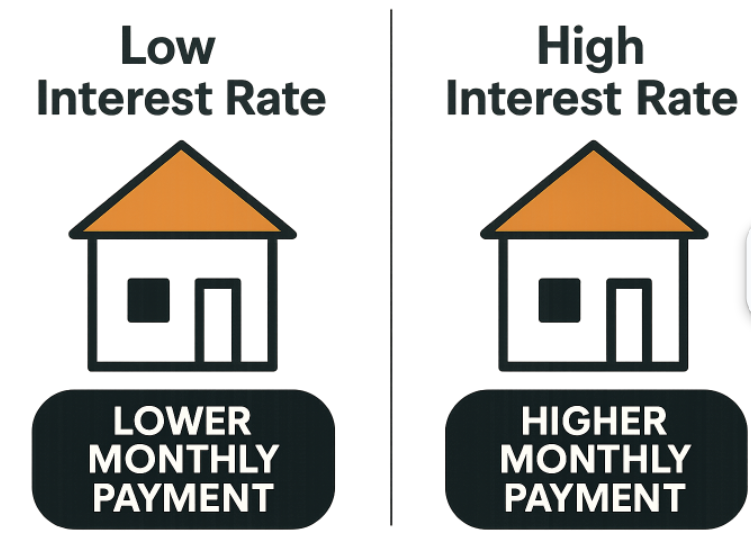When it comes to money, it’s easy to get swept up in habits, routines, and even pressures that don’t really serve us. Many people find themselves spending without thinking, then wondering later why they feel stressed or short on cash. The good news is that making intentional financial choices isn’t about restricting yourself endlessly—it’s about slowing down, reflecting, and aligning your money decisions with what truly matters to you. Whether you’re aiming for savings, investing, or debt relief from lingering obligations, the goal is to put your money to work in ways that actually improve your life.
Understanding the Meaning of Intentional Spending
Intentional spending is more than just creating a budget. It’s about bringing awareness to how each financial decision connects to your larger life. Instead of buying something simply because it’s convenient or because everyone else has it, you pause and ask whether it supports your values or long-term goals. For example, if family connection is important to you, choosing to spend on shared experiences rather than impulse purchases at the mall might align better with what you want. This approach transforms money from a source of stress into a tool for purpose.
Connecting Money to Your Core Values
The process begins with identifying your values. Some people prioritize security, while others value freedom, growth, or generosity. Once you know what you stand for, financial decisions become easier to navigate. A person who values independence might put extra effort into building an emergency fund, while someone who values creativity might budget for tools that support their artistic projects. By letting your values guide you, you’re less likely to regret your purchases and more likely to feel satisfied with your choices.
Breaking Free From Impulsive Habits
Impulse spending often comes from emotions—boredom, stress, or even excitement. These quick decisions can provide a temporary boost but usually lead to frustration later. Making intentional financial choices means recognizing these patterns and putting strategies in place to interrupt them. That could mean waiting 24 hours before making nonessential purchases, unsubscribing from marketing emails, or setting spending alerts on your phone. Over time, these small shifts reduce the grip of impulsive habits and make room for more meaningful financial progress.
Balancing Today’s Joy With Tomorrow’s Needs
Being intentional doesn’t mean denying yourself fun or enjoyment. In fact, it’s about finding the right balance between living in the present and preparing for the future. For instance, setting aside money for a short weekend getaway can be just as important as contributing to your retirement account. The key is to ensure that your spending today doesn’t jeopardize your long-term stability. Choosing a mix of enjoyment and responsibility keeps your finances both sustainable and satisfying.
Building Systems That Support Mindful Choices
Willpower alone isn’t enough to create lasting change. Systems and structures make intentional financial choices easier. Automatic transfers to savings accounts, categorized budgeting apps, or even weekly financial check-ins with yourself are tools that support your goals. Instead of relying on memory or discipline alone, you build a framework that guides your money in the right direction without constant effort. These systems act as guardrails, keeping you aligned with your bigger vision.
Evaluating the Ripple Effect of Decisions
Every financial decision has ripple effects. Buying a luxury item might feel rewarding in the moment, but it could delay paying off debt or slow progress toward a home purchase. On the other hand, choosing to invest in a class or certification might cost money upfront but could lead to higher income down the line. By pausing to consider these longer-term effects, you gain clarity about whether your choices are moving you forward or holding you back.
Staying Consistent With Reflection and Adjustment
Life circumstances change, and so do goals. Being intentional with money requires consistent reflection and adjustment. Maybe last year you prioritized saving for travel, but now you want to focus on building a stronger emergency cushion. Regular check-ins allow you to reassess your priorities and adjust your spending accordingly. This flexibility ensures that your financial decisions always reflect the current version of your life rather than outdated goals.
Conclusion
Making more intentional financial choices is about more than dollars and cents—it’s about creating alignment between your money and your life. By connecting your spending to your values, breaking free from impulsive habits, and building supportive systems, you create a financial path that not only supports your well-being but also allows you to enjoy the journey. Each decision, no matter how small, becomes an opportunity to build a life that feels purposeful, secure, and fulfilling.
Read More: Top SIP Calculators in India




